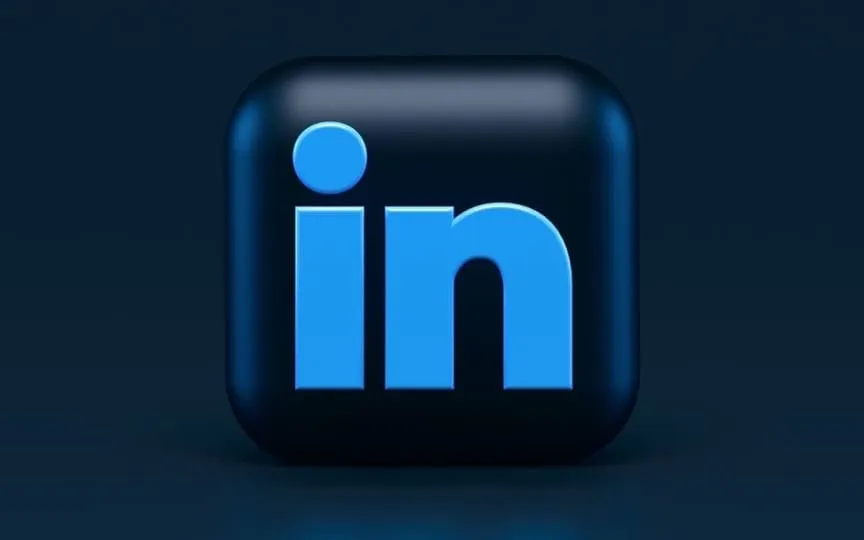LinkedIn launches new cognitive games to enhance productivity and improve concentration for users
LinkedIn has recently unveiled three new brain games on its platform aimed at giving users a much-needed break from their busy schedules and enhancing productivity. These mind-boosting exercises are designed to help users improve focus and recharge, while also promoting networking opportunities with other professionals on the platform. Learn more about the exciting new games available on LinkedIn.
About LinkedIn Brain Games
On May 1, LinkedIn announced three brain games: Crossclimb, Pinpoint and Queens. Specifically, these thinking and brain training games are meant to improve user focus, concentration and productivity. In addition, games allow users to build professional connections in their network. Dan Roth, VP and Editor-in-Chief of LinkedIn, said, “We don’t just connect people; we connect minds.”
LinkedIn emphasized that users can play these games once a day in the app’s News Hub and My Network sections. In addition, users can also explore who has played the game among the networks in addition to the results in the form of a leaderboard.
What are LinkedIn Brain Games?
- Pinpoint: It is a word game where players are given five words at a time and have to guess the common category of the words. The aim of the game is to use fewer guesses to win and earn more points.
- Crossclimb: It is a trivia word game where users are given a clue word as part of the starting point. Players must build a string of words by changing only one letter each time. Here players have to find the hidden word to win the game. Such a game improves users’ vocabulary and wordplay skills.
- Queens: It is a game like Sukodu, but without numbers. Players must place the queens on each row, but make sure they don’t touch each other.
The Indian Express also highlighted that LinkedIn launched a survey on the platform asking users about the “effectiveness of solving word games and puzzles”, with 72 percent of users saying that Puzzle Games are good for mental health.



